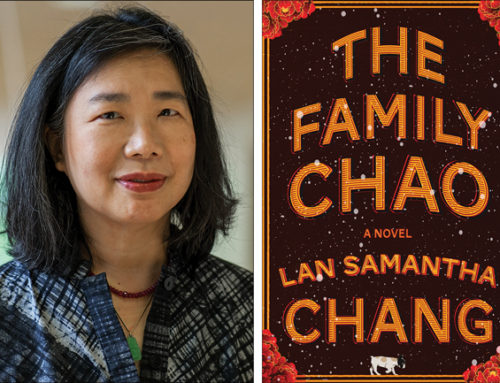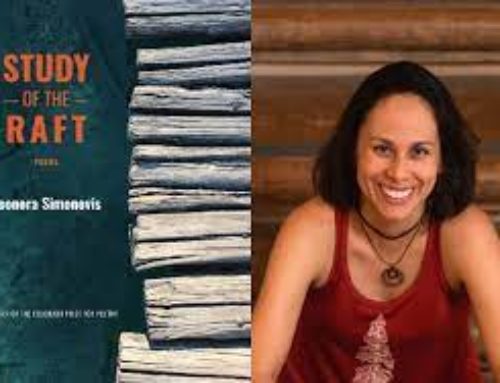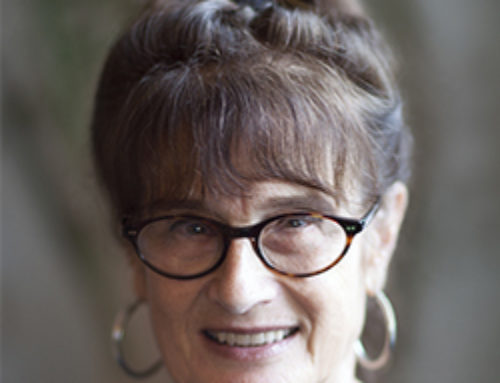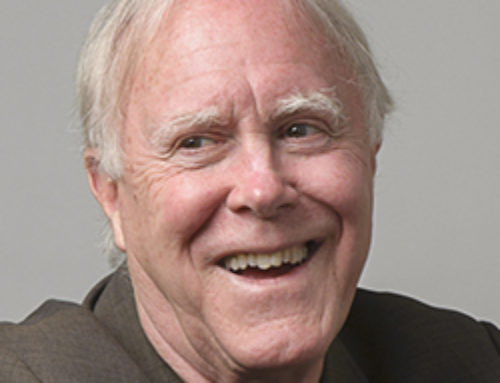A former Stegner Fellow at Stanford University, Brian Teare is the recipient of poetry fellowships from the National Endowment for the Arts, the MacDowell Colony, the Marin Headlands Center for the Arts and the American Antiquarian Society. He’s the author of four full-length books, The Room Where I Was Born, Sight Map, the Lambda-Award-winning Pleasure, and Companion Grasses. He has also published seven chapbooks: Pilgrim, Transcendental Grammar Crown, ↑, Paradise Was Typeset, Helplessness, [ black sun crown ], and SORE EROS. After over a decade of teaching and writing in the San Francisco Bay Area, he is now an Assistant Professor at Temple University in Philadelphia, where he makes books by hand for his micropress, Albion Books.
This interview of Brian Teare was posted on the site Litseen, where the full interview is available.
What writers do you admire?
I admire writers now for very different reasons than I did when I was younger. When I was in graduate school and for a few years after, the writing mattered most to me. A poet’s biography might have added some spice or glamour to the poems, but I didn’t think of the writer holistically because I understood neither the writer’s life I was signing up for nor what it would take to remain committed to writing poems. In my ignorance I could admire a writer whose life was nothing but troubling to me. Now I might love a writer’s poems or novels or essays, but I can only admire them if I know how writing as a vocation, intellectual pursuit and literal practice fit into their lives and their politics or ethics. So I holistically admire Virginia Woolf, June Jordan, Grace Paley and Brenda Hillman, for instance, because I need the writer to have a politics, ethics and sense of vocation I admire as much as their writing.
….
What’s your daily working method? How much time do you spend writing each day—and how do you MAKE THAT HAPPEN?
I’m a hard worker and fairly disciplined, but long ago I found that during the academic year I largely give that hard work and discipline over to my labor for others. Once I came to accept this fact about myself and let go of the fiction that all “real” writers write every day, I began to be able to utilize the free time I do have to facilitate a writerly frame of mind—that is, if I’m not writing. Over time I found it crucial a) to learn to be okay with what I need as a writer and b) to learn to work with the time I do—or do not—have in light of those needs. For instance: I know that I need a lot of time to write (four or five hours minimum), and that I need to be as free as possible of interruptions and responsibilities to others—my mind has to be free to think about whatever it wants to think about. Because for many years I taught year round and lived with my partner, this meant I rarely wrote poems except during brief windows when I was totally alone—either when my partner was out of town or when I was at a residency or on a long weekend at a retreat—and that this only happened two or three times a year, when school was also out. During these years I might have been writing sporadically and very slowly, but I nonetheless managed to write a couple of books this way, and I learned to treasure the times when my mind was fluid and creative, and to make sure that I spent an hour each day in a more fluid, free state of mind. This means that each day I tried to write something that is not goal-oriented: a letter to a friend, a journal entry, a poem, some notes, whatever. I also made sure that each day I read at least one poem or book of poems. It meant a lot to me to keep in touch with a state of mind that has no designs on it, that is free to move as it pleases. This meant that when I did have time to write poems, I could enter into the writing mind quickly and without the feeling of rusty gears turning.
For more, read the full interview. And join us for Brian Teare’s craft lecture and reading during the conference week, July 27 – August 1.







